#chris marker
Photo
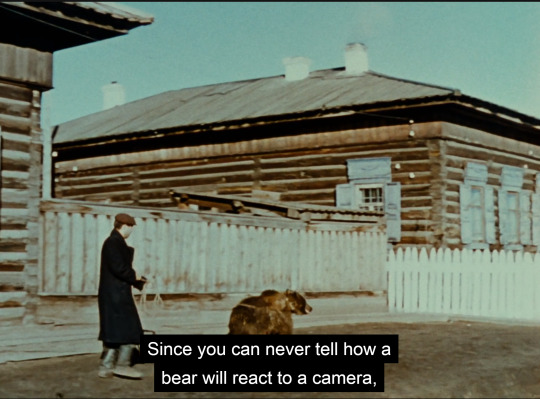
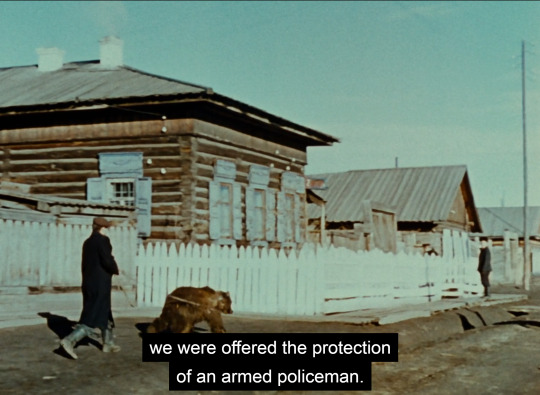
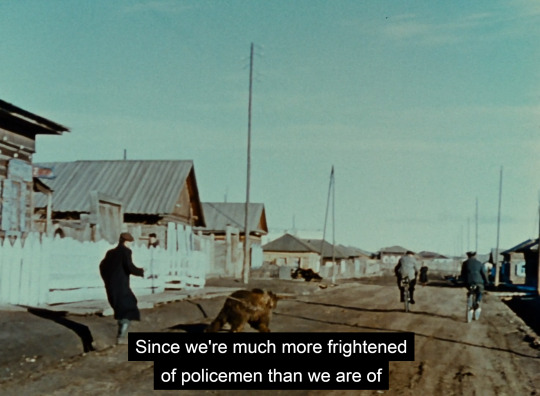
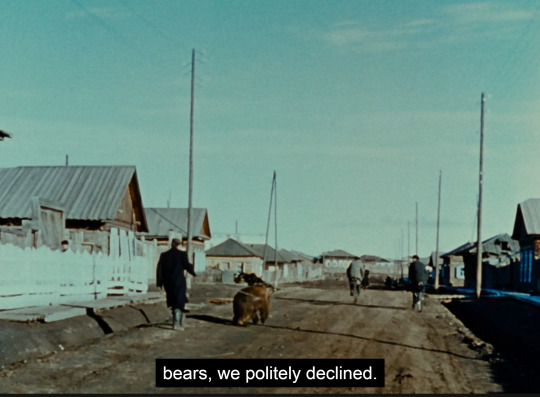
Chris Marker, Letter from Siberia, 1957
19K notes
·
View notes
Text

Japanese mini film poster of Sans Soleil (1986) by Chris Marker
490 notes
·
View notes
Text
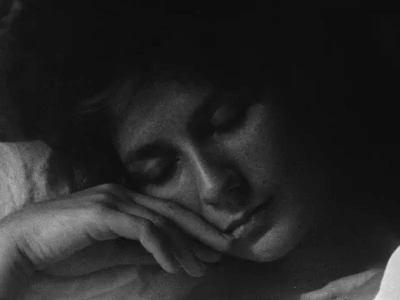
La Jetée (1962) - dir. Chris Marker
#avant garde cinema#art house cinema#cinema#movie scenes#movie#filmmaker#film#chris marker#la jetée#experimental short#experimental cinema#movie gifs#film gifs
169 notes
·
View notes
Text
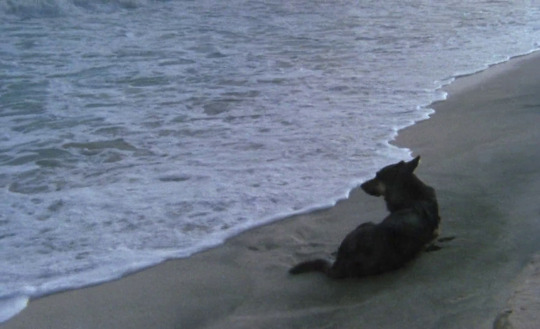

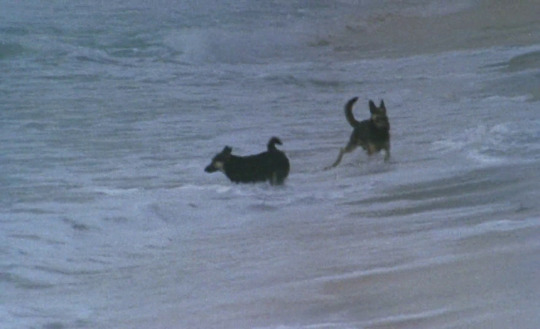
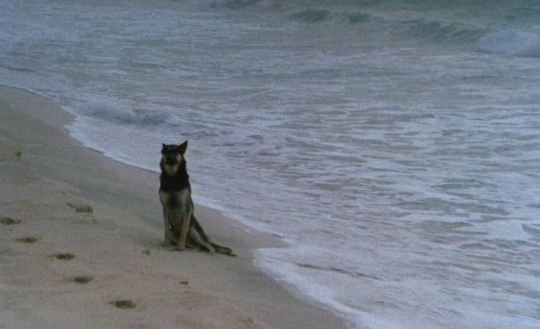

Sans Soleil (1983) | dir. Chris Marker
2K notes
·
View notes
Text
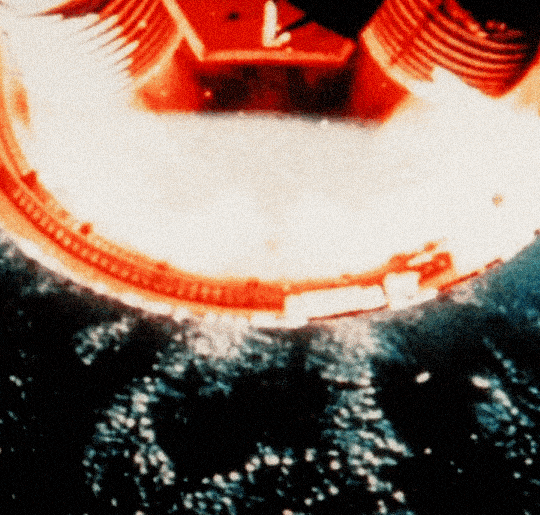
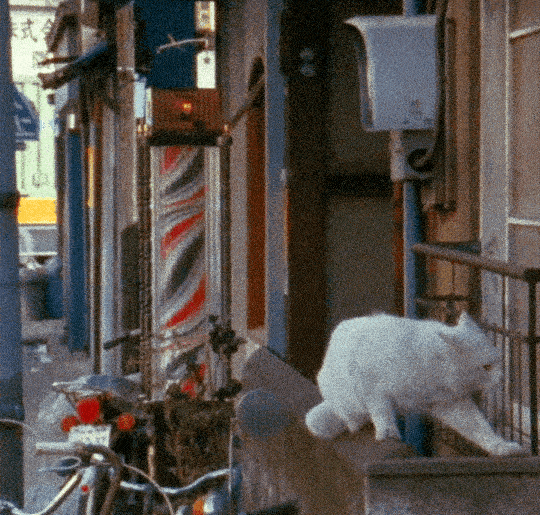
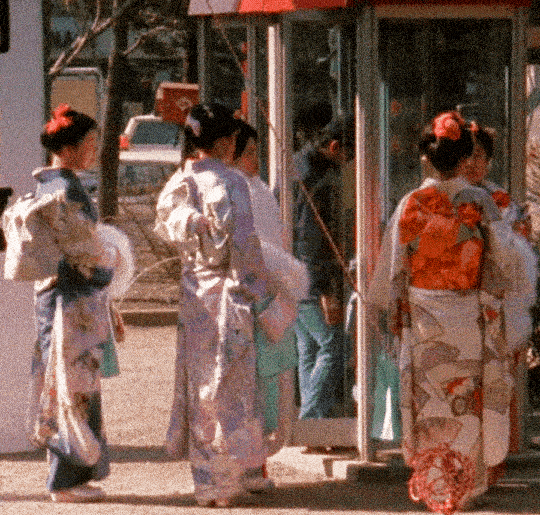
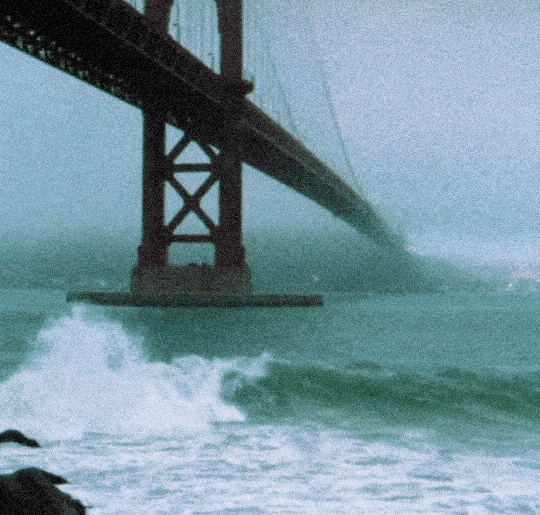
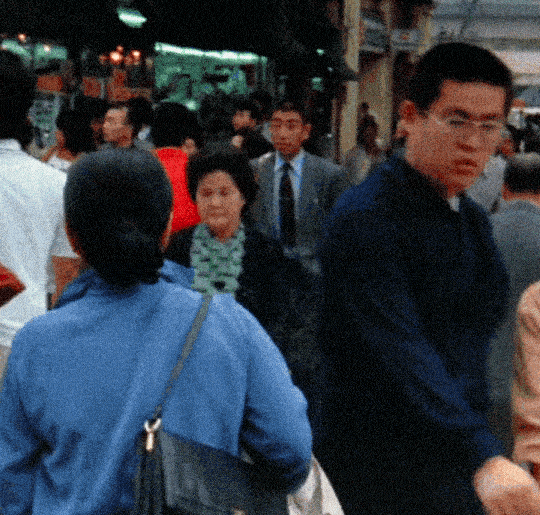
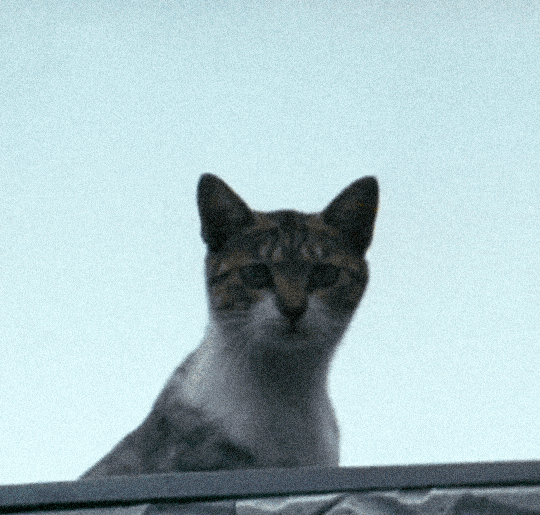
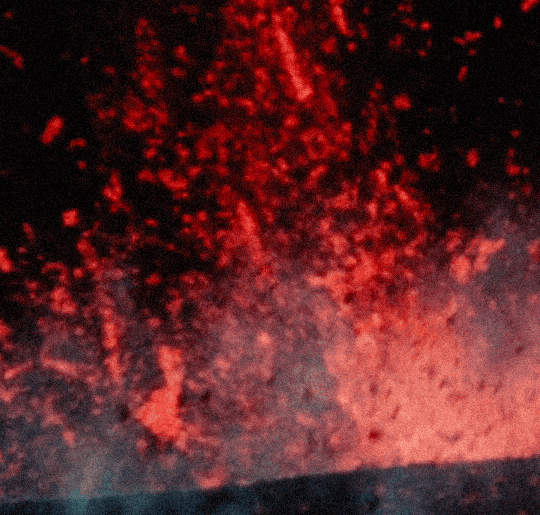
He wrote: I've been round the world several times and now only banality still interests me. On this trip I've tracked it with the relentlessness of a bounty hunter. At dawn we'll be in Tokyo.
SANS SOLEIL (1983) dir. Chris Marker
#sans soleil#chris marker#moviegifs#filmedit#cinematicsource#filmgifs#dailyworldcinema#dailyflicks#cinemaspam#usersugar#useradie#usergina#userelissa#usercande#userlera#userfilm#useravalone#my edit#1983
327 notes
·
View notes
Text
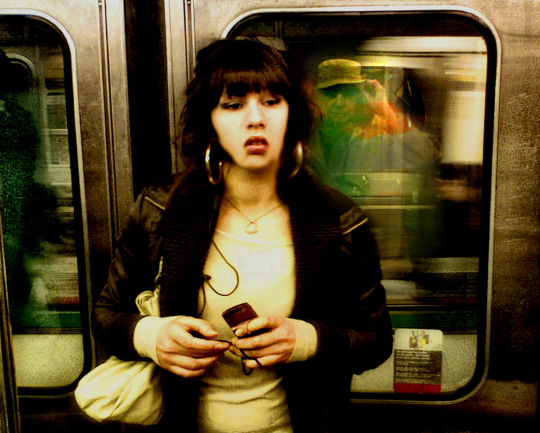
From 'Passengers', Chris Marker, 2011
147 notes
·
View notes
Text
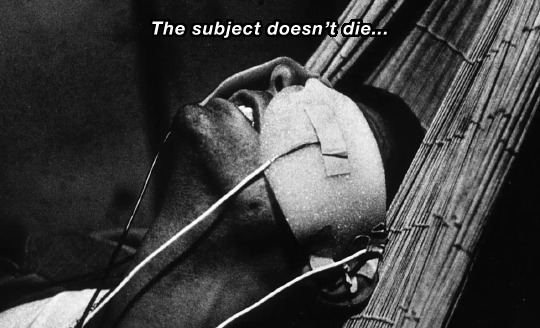

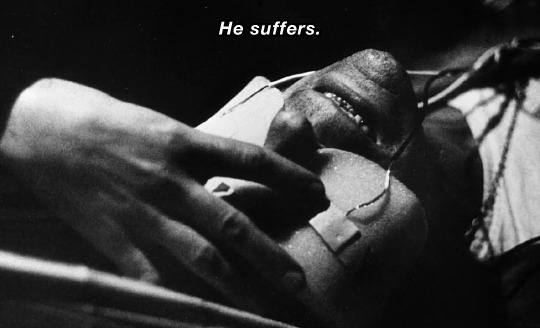


La Jetée (1962, dir. Chris Marker)
#movies#scifi#french cinema#la jetée#chris marker#1960s#my gifs#...well. they're not gifs. it's a still image film.#davos hanich#jacques ledoux
203 notes
·
View notes
Photo


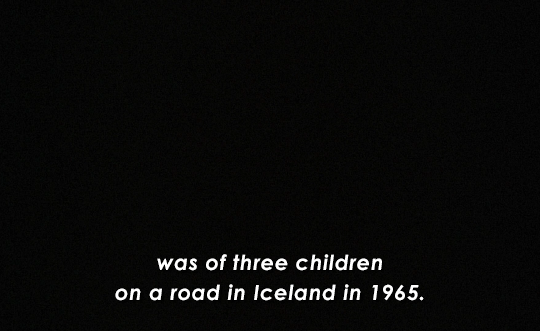
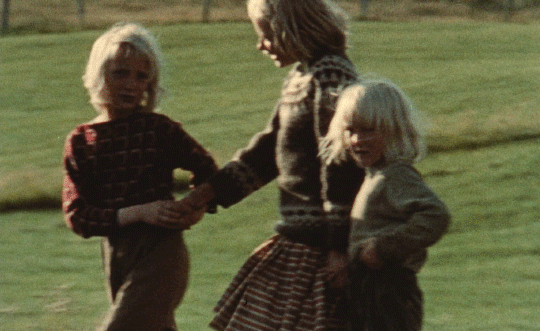
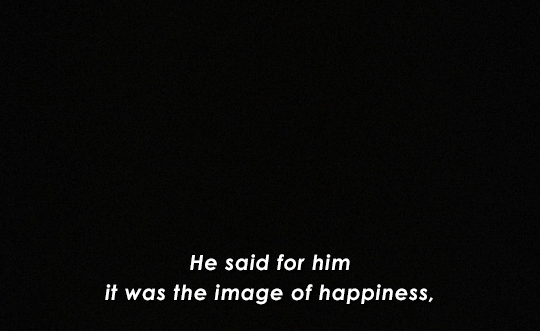
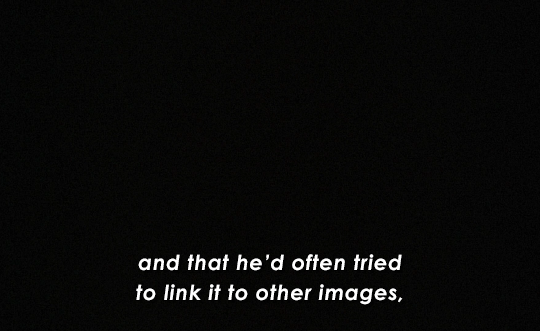


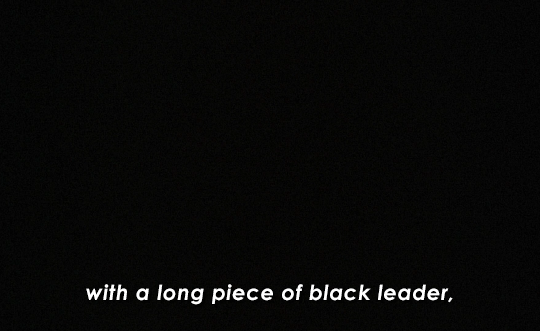
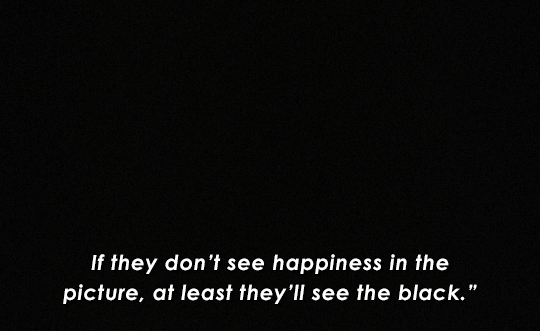
Sans Soleil | Chris Marker | 1983
#sans soleil#chris marker#documentary#french cinema#filmedit#memory#80s#1980s#t. s. eliot#ash wednesday#film#gif#dailyflicks#moviegifs#filmgifs#worldcinemaedit#movieedit#documentaryedit
114 notes
·
View notes
Text
September 11, 1973: On the 50th Anniversary of the Coup in Chile
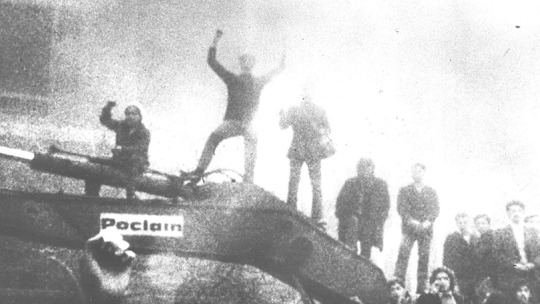
Today marks the 50th anniversary of the coup d’état in Chile, when a fascist junta led by dictator Augusto Pinochet overthrew the democratically elected socialist government of Salvador Allende. For those of us who are on the left, the story should be familiar by now: Allende had charted a ‘Chilean way to socialism' ("La vía chilena al socialismo") quite distinct from the Soviet Union and communist China, a peaceful path to socialism that was fundamentally anti-authoritarian, combining worker power with respect for civil liberties, freedom of the press, and a principled commitment to democratic process. For leftists who had become disillusioned with the Soviet drift into authoritarianism, Chile was a bright spot on an otherwise gloomy Cold War map.
What happened in Chile was one of the darkest chapters in the history of US interventionism. In August 1970, Henry Kissinger, who was then Nixon’s national security adviser, commissioned a study on the consequences of a possible Allende victory in the upcoming Chilean presidential election. Kissinger, Nixon, and the CIA—all under the spell of Cold War derangement syndrome—determined the US should pursue a policy of blocking the ascent of Allende, lest a socialist Chile generate a “domino effect” in the region.
When Allende won the presidency, the US did everything in their power to destroy his government: they meddled in Chilean elections, leveraged their control of the international financial system to destroy the economy of Chile (which they also did through an economic boycott), and sowed social chaos through sponsoring terrorism and a shutdown of the transportation sector, bringing the country to the brink of civil war. Particularly infuriating to the Americans was Allende’s nationalization of the copper mining industry, which was around 70% of Chile’s economy at the time and was controlled by US mining companies like Anaconda, Kennecott and the Cerro Corporation. When the CIA’s campaign of sabotage failed to destroy the socialist experiment in Chile, they resorted to assisting general Augusto Pinochet's plot to overthrow the democratically elected government. What followed was a gruesome campaign of repression against workers, leftists, poets, activists, students, and ordinary Chileans—stadiums were turned into concentration camps where supporters of Allende’s Popular Unity government were tortured and murdered. During Pinochet’s 17-year reign of terror, 3,200 people were executed and 40,000 people were detained, tortured, or disappeared, 1,469 of whom remain unaccounted for. Chile was then used as a laboratory for neoliberal economic policies, where the Chicago boys and their ilk tested out their terrible ideas on a population forced to live under a military dictatorship.
It shatters my heart, thinking about this history. I feel a personal attachment to Chile, not only because my partner is Chilean (his father left during the dictatorship), but because I’ve always considered Chile to be a world capital of poetry and anti-authoritarian leftism. The filmmaker Alejandro Jodorowsky asks, “In how many countries does a real poetic atmosphere exist? Without a doubt, ancient China was a land of poetry. But I think, in the 1950s in Chile, we lived poetically like in no other country in the world.” (Poetry left China long ago — oh how I wish I’d been around to witness the poetic flowering of the Tang era!) Chile has one of the greatest literary traditions of the twentieth century, producing such giants as Bolaño and Neruda, and more recently, Cecilia Vicuña and Raúl Zurita, among others.

To commemorate the 50th anniversary of the coup, the Harvard Film Archive has been screening Patricio Guzmán’s magisterial trilogy, The Battle of Chile, along with a program of Chilean cinema. I watched part I and II the last two nights and will watch part III tonight. It’s no secret that I am a huge fan of Guzmán’s work, and even quoted his beautiful film Nostalgia for the Light in the conclusion of my book Carceral Capitalism, when I wrote about the Chilean political prisoners who studied astronomy while incarcerated in the Atacama Desert. Bless Patricio Guzmán. This man has devoted his life and filmmaking career to the excavation of the Chilean soul.
Parts I and II utterly destroyed me. I left the theater last night shaken to my core, my face covered in tears.


The films are all the more remarkable when you consider it was made by a scrappy team of six people using film stock provided by the great documentarian Chris Marker. After the coup, four of the filmmakers were arrested. The footage was smuggled out of Chile and the exiled filmmakers completed the films in Cuba. Sadly, in 1974, the Pinochet regime disappeared cameraman Jorge Müller Silva, who is assumed dead.
It’s one thing to know the macro-story of what happened in Chile and quite another to see the view from the ground: the footage of the upswell of support for radical transformation, the marches, the street battles, the internal debates on the left about how to stop the fascist creep, the descent into chaos, the face of the military officer as he aims his pistol at the Argentine cameraman Leonard Hendrickson during the failed putsch of June 1973 (an ominous prelude to the September coup), the audio recordings of Allende on the morning of September 11, the bombing of Palacio de La Moneda—the military is closing in. Allende is dead. The crumbling edifice of the presidential palace becomes the rubble of revolutionary dreams—the bombs, a dirge for what was never even given a chance to live.
#Patricio Guzmán#film#Chile#history#salvador allende#socialism#marxism#coup#coup d'etat#The Battle of Chile#revolution#cinema#fascism#communism#geopolitics#political economy#Cold War#chris marker#memory#neoliberalism#capitalism#politics
97 notes
·
View notes
Text


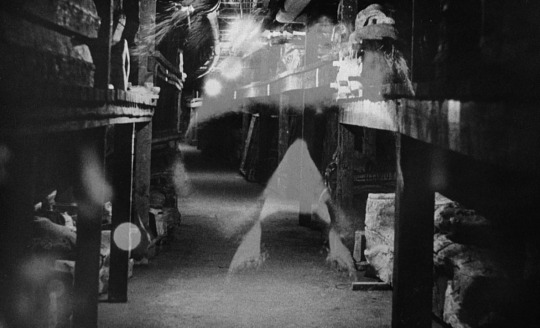
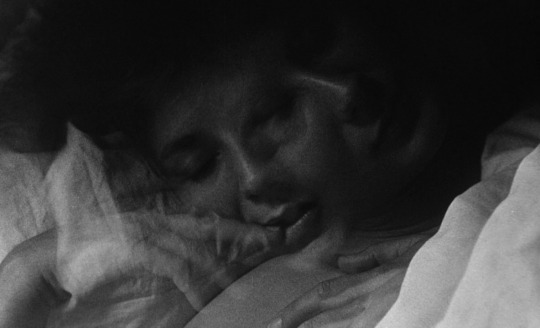
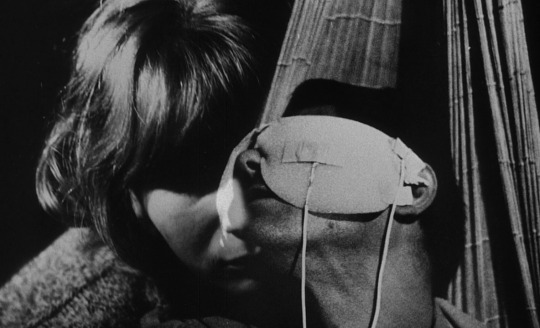

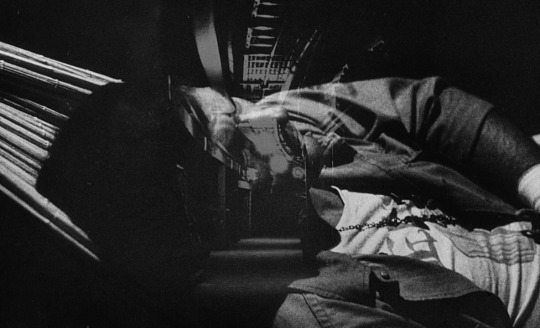
Chris Marker’s La Jetée, dissolve shots.
#Chris Marker#La Jetee#Dissolve#film#films#cinema#movie#movies#movie stills#film frames#cinematography
71 notes
·
View notes
Photo
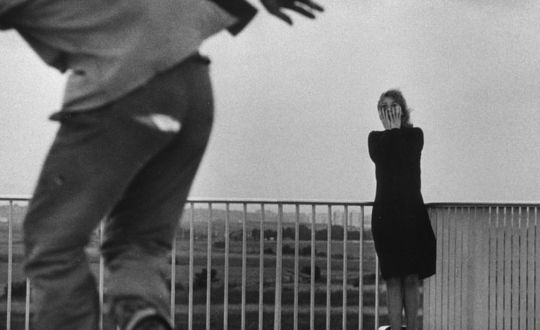
Chris Marker: La Jetée, 1962
31 notes
·
View notes
Photo
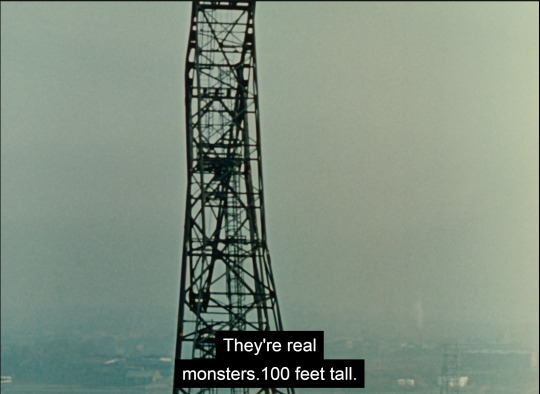
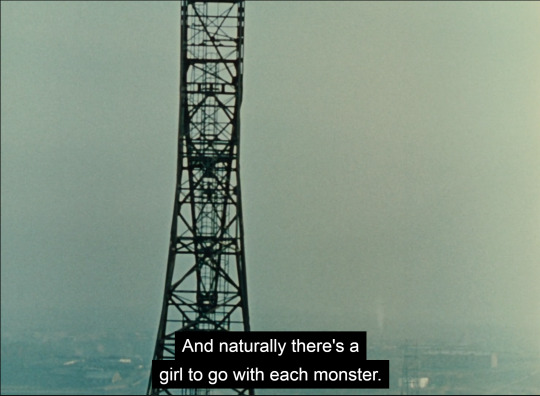
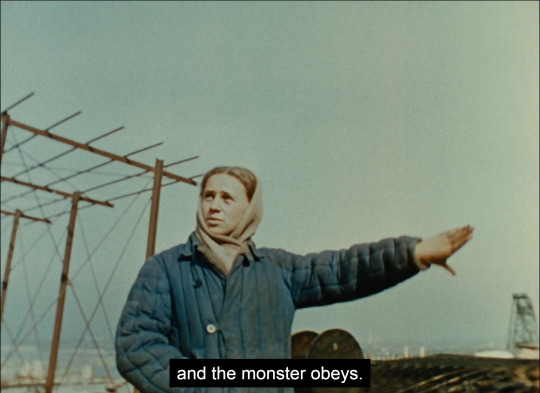
Chris Marker, Letter from Siberia, 1957
3K notes
·
View notes
Text

La Jetée, Chris Marker (1962)
21 notes
·
View notes
Text
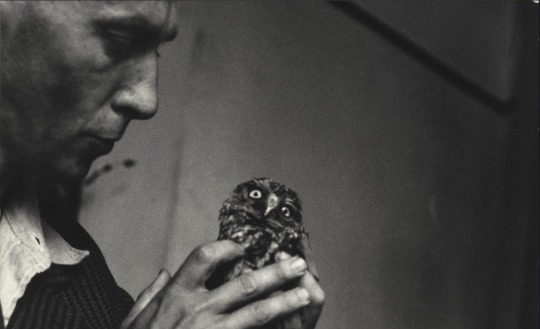
Chris Marker, July 29, 1921 – July 29, 2012.
67 notes
·
View notes
Text

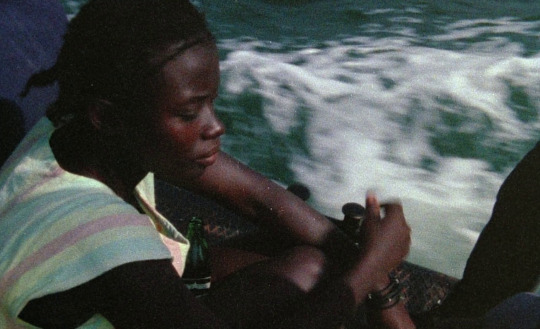

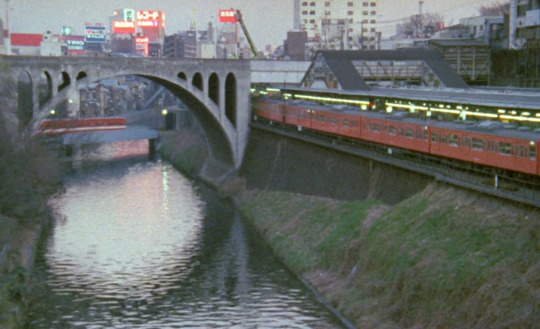
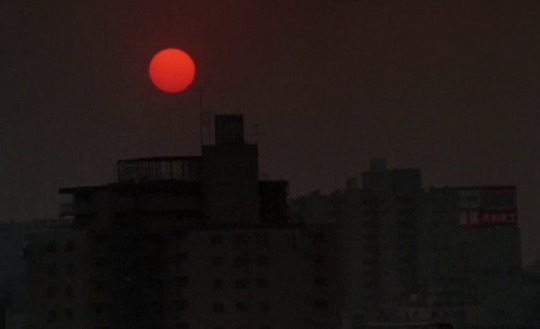

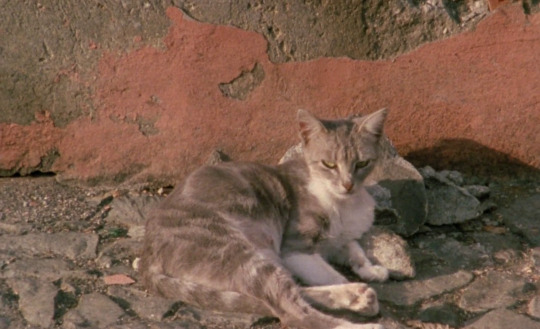



Sans Soleil (1983) | dir. Chris Marker
257 notes
·
View notes
Text

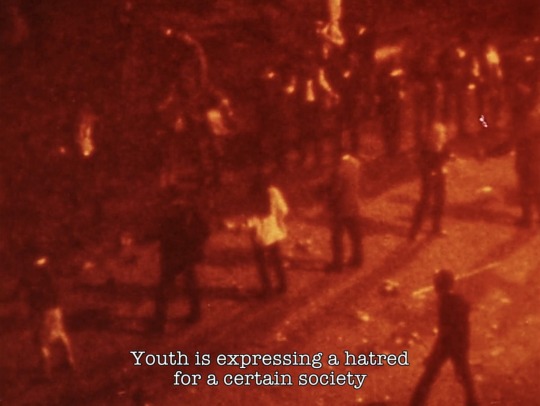

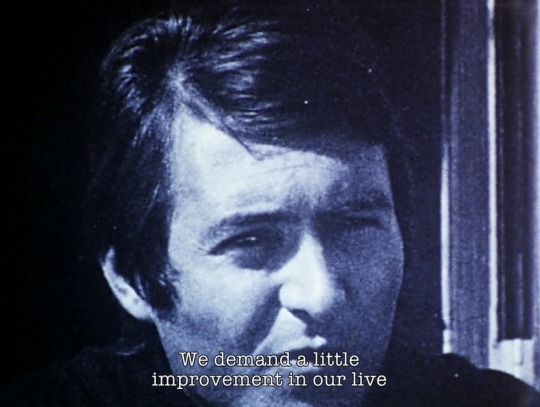


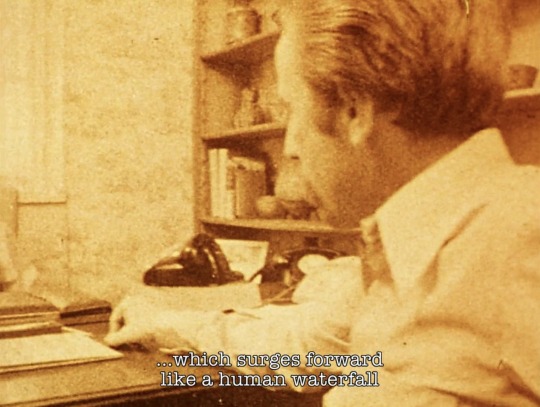
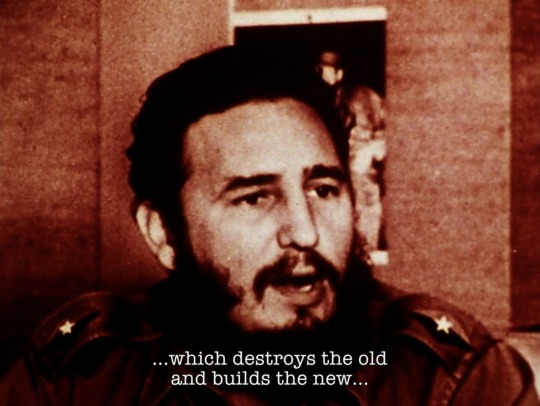
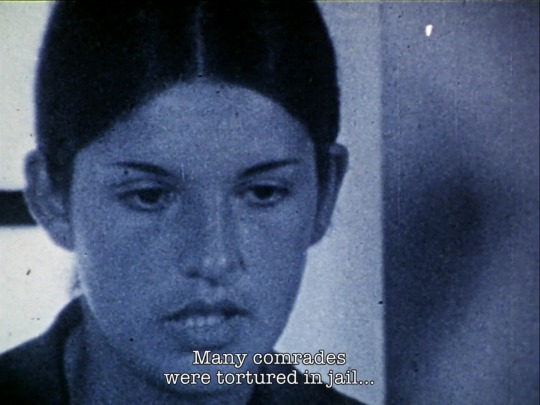
A Grin Without a Cat (1977, dir. Chris Marker)
23 notes
·
View notes